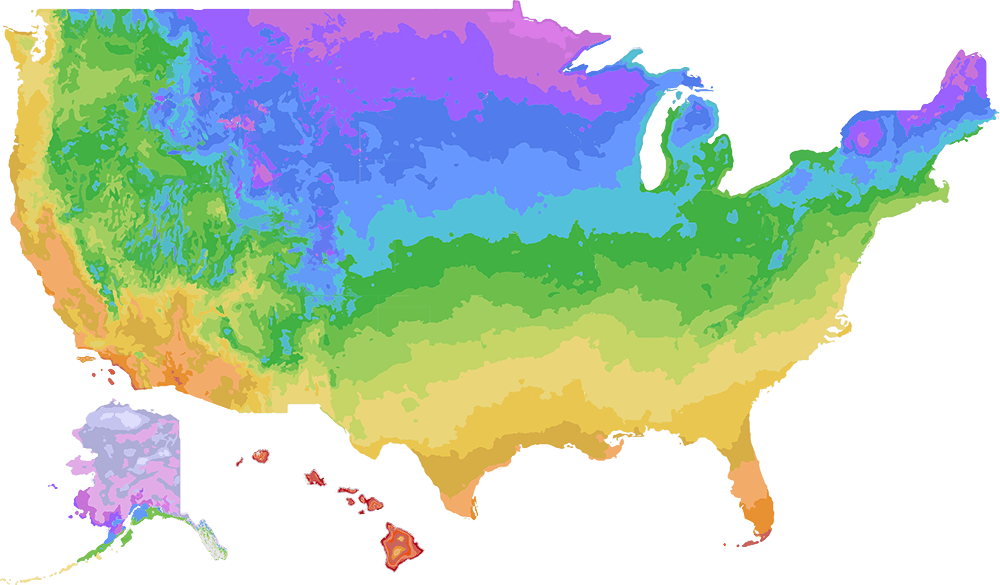TOUCAN® Cannas
You'll love these cannas which are fast and easy for greenhouse production.
In This Series:


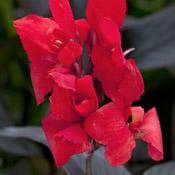

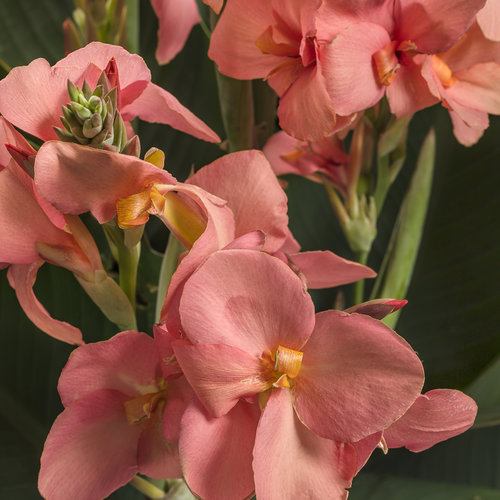
TOUCAN® Dark Orange Canna x generalis Red-orange flowers TOUCAN® Rose Canna x generalis Coral pink flowers TOUCAN® Scarlet Canna x generalis Scarlet red flowers with bronze green foliage TOUCAN® Yellow Canna x generalis Clear yellow flowers Toucan® Coral Canna generalis Soft salmon pink
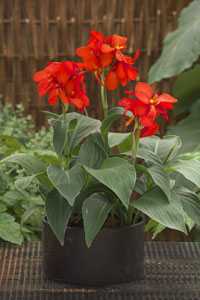

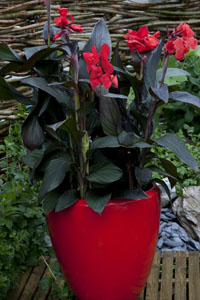


New Series Features:
Proven Winners is going tropical with a new line of Toucan® Cannas. If you love the look of tropical plants but need some that grow more like petunias, look no further. These new cannas are fast, vigorous, highly disease resistant and easy to grow in greenhouse production. They are ideal for warm climates where they flower like crazy in the heat.
Supertunia® Petunias, Sweet Caroline Ipomoea and other high vigor varieties are all good matches in combinations where Toucan® Cannas act as a bold-foliage, flowering thriller. 48-60” tall x 18-24” spread. Full sun.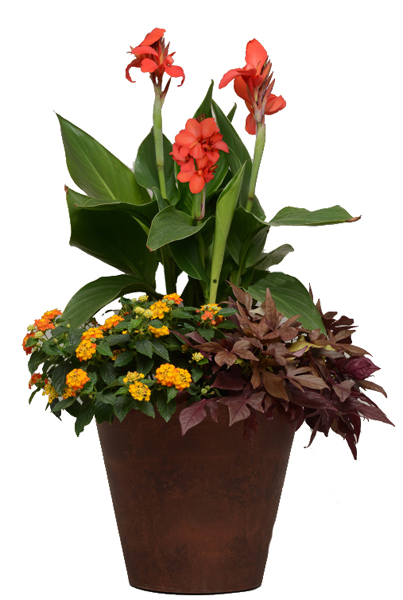 New Series Features:
New Series Features:
Proven Winners is going tropical with a new line of Toucan® Cannas. If you love the look of tropical plants but need some that grow more like petunias, look no further. These new cannas are fast, vigorous, highly disease resistant and easy to grow in greenhouse production. They are ideal for warm climates where they flower like crazy in the heat.
What’s New:
Cannas that are as easy to grow as petunias, disease-free due to seed propagation
Uses for TOUCAN® Cannas:
Cannas are commonly grown as large specimen plants grouped en masse in landscapes. Their tropical-looking foliage lends bold texture to the space until the flowers steal the show from summer through fall. They can also be grown as flowering thrillers paired with other high vigor annuals in large combination containers.
Grower Tips for TOUCAN® Cannas:
- Use a well-drained potting mix that remains moist but not wet.
- Grow in 4.25 Grande™ pots for spring or 1.0 Royale™ pots for summer sales.
- Maintain a pH level and EC rates similar to Supertunia® Petunias.
- Lower growing temperatures will act as a natural PGR and will increase branching.



